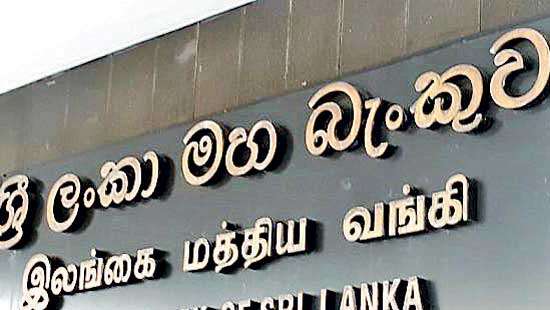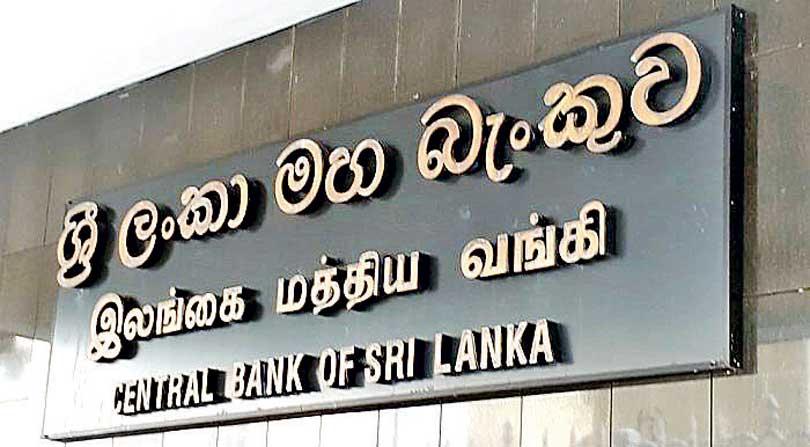Reply To:
Name - Reply Comment


Analysts expect a further reduction of 100-200 basis points in policy interest rates by the Central Bank in the coming months, aiming to provide additional support for economic recovery, as inflation is projected to stabilise at the desired mid-single-digit levels, surpassing the initial expectations.
The Central Bank slashed policy rates by 200 basis points last week, after delivering a 250-basis-point cut in June, triggering the fastest easing cycle in the history of Sri Lanka, which together unwound half of the rate increases delivered since April, last year.
The Central Bank’s actions were prompted by lower-than-anticipated inflation rates in May and June as well as a more positive outcome from the domestic debt restructuring process, which alleviated concerns and reduced risk premia across various financial assets.
With an inflation projection of 7 percent for July, the Central Bank could strike again as soon as at the next policy meeting scheduled for August 24, as it wants to see faster transmission of policy actions into the real economy, via the banking sector.
“Over the next couple of months, we believe there will be additional space for the Central Bank to cut policy rates (up to 100-200bps),” said equity brokerage CT CLSA in a report released soon after last week’s policy rate cut.
“This is likely to stimulate economic activity and provide further support to businesses and borrowers,” it added.
CT CLSA has turned particularly bullish on the Sri Lankan corporates and their earnings and the overall prospects for the economy in the second half, buoyed by the June rate cut.
CT CLSA analysts see faster upside for the banking sector, with the faster decline in rates, which accelerates the credit flows into the real economy.
“The policy rate cuts are expected to stimulate economic growth with GDP growth expected to turn positive by 4Q2023E. The lower interest rate environment should also allow the non-performing loan ratios to stabilise over the next few months, before starting to ease off towards the end of 2023E.
The deteriorating NIMs followed by declining interest rates is expected to be cushioned by the stabilisation of the non-performing loan ratios as well as expected private credit growth,” the report noted.
The likely administrative actions against the banks, which do not pass on the benefit of the faster ease in the key policy rates, became a recurring theme in the monetary policy statement as well the post-meeting presser held last week, as the Central Bank had observed a substantial lag in lending rates in the market compared to the deposit rates since the June rate cut.
Hence, the Central Bank said it wouldn’t hesitate to take actions against, if the banks fail to pass on the substantial cut in policy rates.
In less than 48 hours from the ultimatum, certain banks announced that they slashed their lending rate and bought advertising space in leading newspapers to announce they had cut rates.
There had been a disproportionate cut in the rates between lending and deposits offered by the banks soon after the June policy rate cut, which appeared to have irked both the lenders, depositors as well as the Central Bank.